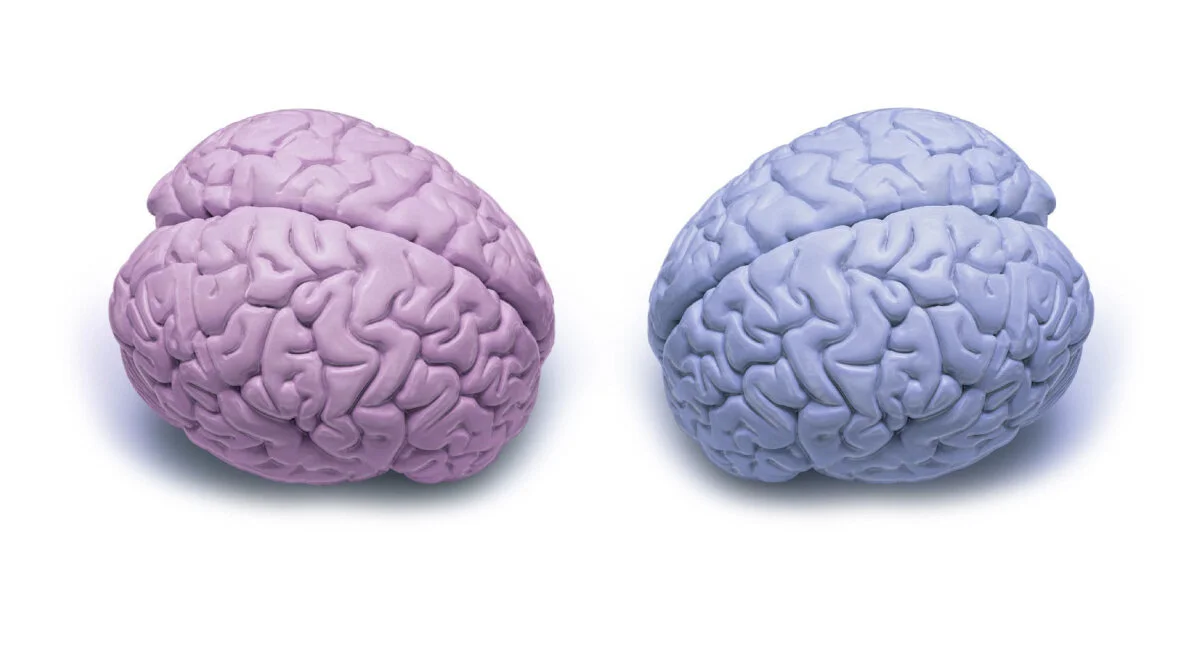Difference in how the brain ages between women & men
by Health Aim:
Neurological diseases normally affect men, and it seems that science has found an answer regarding as to why this happens discriminately. A group of researchers found something about brain age – the difference between male and female.
There is a key difference as to how the brain age between men and women. It goes to show that men’s brain age faster than that of females. This is the reason why more men are in danger of developing neurological diseases than women.
A group of scientists from the University of Szeged in Hungary analyzed brain structure of 53 men and 50 women. They match the brain age paying particular attention to subcortical structures. The subcortical structure is the part of the brain responsible for movement control and emotional processing.
Another aspect is that they looked into the thalamus that handles the information passing between different parts of the brain while thinking.
Overall, the brain of both men and women showed a reduction in brain and thalamus volume as they get older. But reductions in the caudate nucleus and putamen were only found in men. Caudate nucleus and putamen are responsible for control body movements.
Another thing is that the grey matter from all parts of the brain seems to reduce faster on men, which means a faster ageing process for them.
Other research suggest that male brains are typically larger than female, but not necessarily implicate that they are smarter. Also, most cases of Parkinson’s disease involve men, while Alzheimer’s normally attacks women.
It is also concluded that the reason behind such discriminate age changes of brain between male and female has to do with hormonal changes and the brain’s reaction to them. We all know that male and female has different hormonal changes and development.
These recent findings might actually unlock new methods of addressing neurological diseases. Specialized approaches for both men and women might be an effective method of treating such kind of illnesses.
Source: http://bit.ly/1RRfyT9

